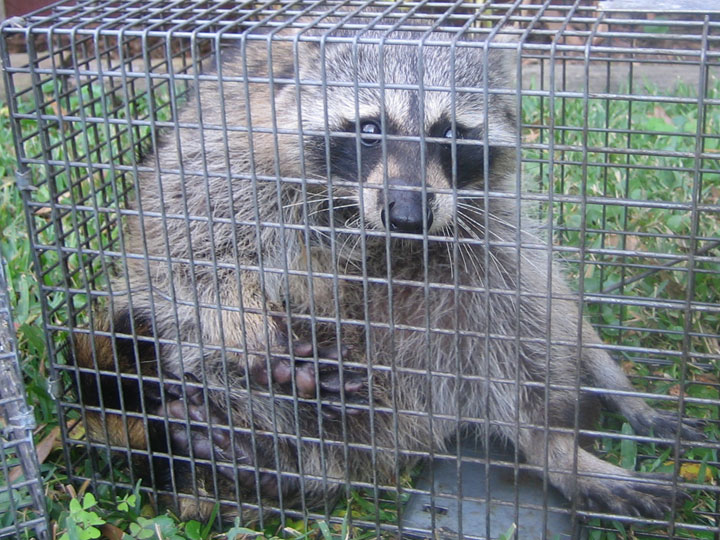Humans are the only animals that can make metaphors or moral judgments. Unfortunately, we make far too few of the former and far too many of the latter. The appealing thing about placing social problems in a moral context is that it allows you to start ignoring the problem; if things like poverty, AIDS, obesity, homelessness, or unemployment are simply a matter of other peoples’ bad behavior, after all, it’s nothing you have to worry about. You can, in one quick assumption of a moral pose, transmogrify real social ills like crime, drug addiction, or educational deficiencies from a complex problem that must be dealt with by everyone to a mere manifestation of bad behavior that can be addressed by simply punishing the identified wrongdoer, or at least not rewarding them with any kind of assistance.
This sort of thing is especially popular nowadays when budgets are tight and we need every penny to pay for things like bank bail-outs, anti-anti-missile missile missiles, and the last couple of wars. Sadly, since moral judgments of this sort are usually completely unsupportable by anything resembling reason, we back up the argument truck and load in a few metaphors, usually drawn from the instructive world of nature. This is all well and good as long as you don’t mind that the metaphors are complete gibberish, as was one I happened to hear this afternoon on my local public radio station. On an allegedly scientific program discussing our current obesity ‘epdemic’, one public health expert — a young man who had completely rejected another guest’s many suggestions that environmental and social factors, er, weighed heavy in the fattening of America — pointed out that only humans have an obesity problem, and that you never see a fat animal.
I love moral arguments backed up by nature-centered analogies, because they almost always illustrate how people are so concerned with making the moral point that the natural analogy utterly ignores the bountiful evidence provided by nature. Anyone who has never seen a fat animal has probably never seen an animal at all. There is an obesity problem amongst house pets almost as severe as the one amongst humans in America, because we tend to overfeed our dogs and cats on unhealthy junk as much as we tend to overfeed ourselves on same. The huge and enormously profitable meat industry thrives on making animals fat; cows, chickens, pigs (especially) and any other animal humans eat are routinely overfed so as to yield more meat. And while the conditions on factory farms are certainly inhuman, one scarcely needs to force an animal to overeat; most animals, with their instincts attuned to the possibility of deprivation, will eat as much as they are allowed to eat in anticipation of a time when there is no food. And once acquired, overeating becomes a habit in animals just as it does in humans.
One doesn’t even need to use these examples, where animals are deliberately overfed by humans, to prove the point. Fat animals are common in nature: there are fat raccoons, fat squirrels, fat chipmunks, fat rats, and fat pigeons. Any animals who live near humans and the vast amount of food waste we produce are prone to getting hold of our food, and, again, with a mind towards staving off starvation in lean times, will overeat like mad of their own volition. Placed in a situation where food is plentiful, and where their own survival does not depend on being quick and strong — placed, in other words, in the same environmental conditions under which most first-world humans live — any animal can, and does, get very fat very quickly. It certainly doesn’t have anything to do with morality, or even that nebulous concept ‘choice’; it’s a completely natural response to a major change in environmental conditions. That doesn’t mean obesity isn’t a problem; it’s just not one that’s going to respond to scolding.
(You used to hear the argument much more often that homosexuality was ‘unnatural’ because it didn’t occur in the animal world. This lasted about as long as it took zoologists to point out that in the animal world, and especially amongst man’s closest relatives, the higher primates, homosexual behavior is tediously common. Strangely, though, this is rarely used as a defense by gay rights advocates; whether it’s because they’re trying to sell the idea that homosexuality is an inborn and exclusive trait — that is, that people are born gay, and that they are born just gay — or whether they simply don’t want to be associated with the crass behavior of chimps, it is not for me to say.)
One is reminded of the frequent argument that Americans (due, presumably, to their combination of laziness and gluttony) have somehow contrived to become the fattest people on Earth consecutive to being the wealthiest people on Earth. It’s a compelling argument — so much so that no one really bothers to check if it’s true. Were they to do so, they would learn that the fattest people on earth are, in fact, the men and women of Papua New Guinea, a country where the majority of the population still live under tribal conditions on the equivalent of less than two U.S. dollars per day. We are indeed lucky to have so many latter-day Aristotles, pronouncing as fact what they have deduced by argument, with none of the tedious and time-consuming bother of actually testing to see if it’s true.


Thanks, I really enjoyed this. Pity the fat-shamers and -haters of the world will probably never read it. Or, if they did, would miss the logic of your argument completely.
I just realised how much of a victim of social media I am when I tried to find the facebook “share” button.